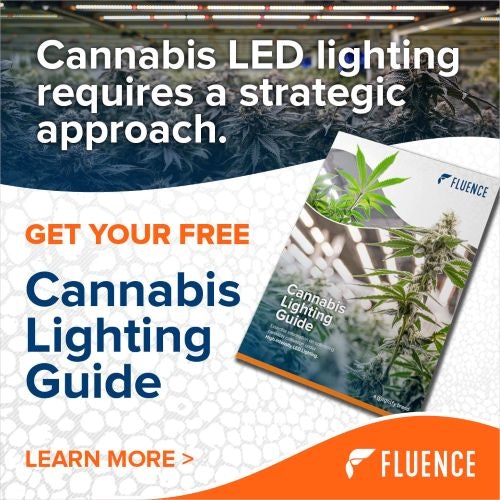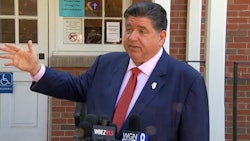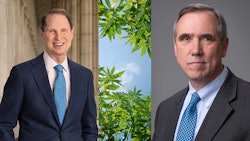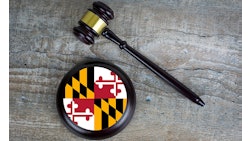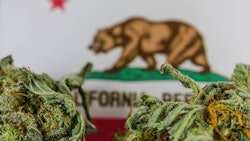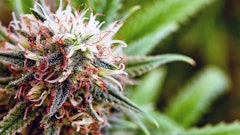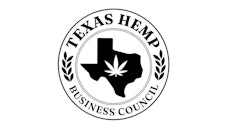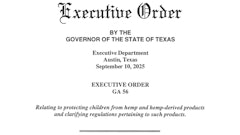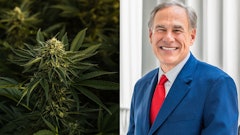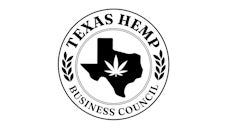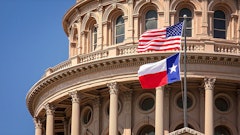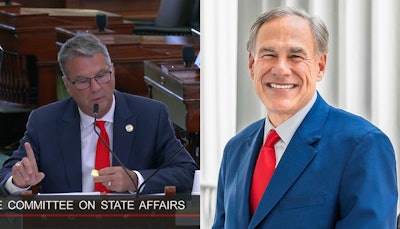
A Texas state Senator who defied Gov. Greg Abbott’s call to regulate hemp-derived cannabinoid products in a pair of special sessions is now trying to influence the outcome of the governor’s executive order.
Sen. Charles Perry, R-Lubbock, requested on Sept. 19 that the Texas Department of Agriculture (TDA) and the Texas Department of State Health Services (DSHS) update the state’s hemp regulations to clarify that hemp must be tested for total THC using the following formula to align with federal regulations: Total THC = (THCa×0.877) + delta-9 THC.
Perry also requested that the departments clarify Texas law to stop a “loophole” that has led to Texas businesses selling THCA flower. He called it an illegal marijuana product masquerading as legal hemp.
These requests came in separate letters Perry sent to TDA Commissioner Sid Miller and DSHS Commissioner Jennifer Shuford, asking them to regulate hemp plants and hemp products, respectively, in manners that ensure “any material claiming to be hemp adheres to federal standards” in relation to total THC.
“Unfortunately, in recent years, thousands of stores selling hazardous products have popped up in communities across the state, many selling products such as edibles, beverages, and smokables containing tetrahydrocannabinols for recreational use,” Perry wrote. “These companies are blatantly circumventing Texas law and exploiting purported ‘loopholes’ in rules promulgated under House Bill 1325, which impede law enforcement’s ability to investigate and enforce the Texas Controlled Substances Act regarding marijuana, edibles containing hash oil, and various products containing synthetic cannabinoids.”
H.B. 1325 is legislation that state lawmakers passed in 2019 to legalize the production of hemp in the Lone Star State.
Perry’s call comes after he unsuccessfully tried to ban all consumable hemp products with trace amounts of THC or other intoxicating cannabinoids in the special sessions, an effort that deviated from Abbott’s request to regulate the state industry.
As a result, Abbott signed an executive order earlier this month directing three state agencies to tighten regulations on hemp products containing THC and other intoxicating cannabinoids. In part, the order directed the DSHS and the Texas Alcoholic Beverages Commission (TABC) to begin rulemaking to ban hemp product sales to minors through age-gating, and for the DSHS to strengthen testing requirements for total THC.
In addition, the governor directed the DSHS to work with other agencies to consider a regulatory framework that would, in part, prohibit the retail sale of hemp flower and the manufacture or sale of hemp-derived products containing synthetic cannabinoids, such as delta-8 THC converted in a lab from CBD.
Perry’s recent letters to the TDA and DSHS commissioners called for regulations that largely align with this potential framework.
“Congress authorized states to permit the production of hemp, and the USDA, acting at Congress’ direction, set out the specific requirements that states must follow,” Perry said in a Sept. 22 press release. “One of those requirements is that all hemp must be tested for total delta-9 THC.”
Under federal guidelines from the U.S. Department of Agriculture (USDA), which regulates hemp cultivation under the 2018 Farm Bill, hemp plants must pass two burdens of proof to be considered hemp:
- It was grown by a licensed hemp grower in compliance with either the USDA or state hemp rules that the USDA approved; and
- It meets the pre-harvest standard of 0.3% THC.
While the 2018 Farm Bill defines hemp as a cannabis plant that tests below 0.3% delta-9 THC on a dry-weight basis, it omits any mention of total THC or THCA. However, the USDA published final rules in January 2021 requiring total THC to be considered in the pre-harvest tests.
As Perry pointed out in his letters to the TDA and DSHS, the USDA approved Texas’ hemp plan in January 2020, a year before the federal department published its final rules.
“These final rules made important updates to how states must regulate the production of hemp to prevent the harvesting and sale of recreational marijuana disguised as legal hemp in the United States,” Perry wrote. “Unfortunately, Texas has not updated our rules to reflect the final rules that were adopted by the USDA, thereby potentially creating ‘loopholes’ in Texas Administrative Code that have facilitated the sale of cannabis flower that could not be legally harvested as hemp anywhere in the United States per USDA regulations.”
The USDA’s mandated pre-harvest test for hemp often involves a gas chromatography method to heat a testing sample, where the THCA is converted to THC, meaning the total THC is accounted for in the final delta-9 THC result. When using a liquid chromatography method that does not use a heat source to convert THCA into THC, the USDA requires the total THC formulation for pre-harvested material to help ensure consistency across the U.S. Domestic Hemp Production Program.
Regardless of the pre-harvest testing method, THCA must be accounted for in the total THC result under the USDA’s regulations that became effective in 2021. Once a hemp crop passes the lab test and is harvested, nothing in federal law requires further testing for finished products sold in a retail setting.
The 2018 Farm Bill, however, does not prevent states from regulating hemp more stringently than federal law.
RELATED: Federal Court Rules Virginia’s Total THC Hemp Regulations Supersede 2018 Farm Bill
Perry said he’s hoping to find common ground on the issue before state lawmakers likely renew debate on the issue in the 90th Legislative Session, which isn’t scheduled to convene until January 2027. The Texas Legislature only meets in odd-numbered years.
“To the THC retailers that testified countless times during the 89th Legislative Session that they simply wanted to sell products that ‘comply with federal law,’ well, here’s your opportunity to do just that,” Perry said. “At a minimum, Texas has an obligation to ensure consumable hemp products only contain hemp, as that term is defined by the USDA.”
Responding to Abbott’s executive order, the Texas Alcoholic Beverage Commission issued emergency regulations that it plans to take up during its Sept. 23 commission meeting.
The TABC’s emergency regulations are to prohibit those under 21 years old from accessing consumable hemp products that will “negatively impact the minors’ health, which in turn negatively impacts the general welfare and public safety.”
According to the emergency regulations, TABC officials have learned that many of the state’s licensed alcoholic beverage businesses sell consumable hemp products (CHPs) to minors.
To “combat this conduct,” the TABC’s emergency rules:
- prohibit a TABC licensee or permittee from selling, offering for sale, serving or delivering CHPs to a person younger than 21 years of age; and
- require a TABC licensee or permittee to check the identification of any person wanting to purchase CHPs to confirm their age.
A violation of either rule will result in the cancellation of the holder’s TABC permit or license.
The emergency rules are effective immediately and for up to 180 days; however, the TABC will not begin enforcing the rules until Oct. 1, 2025.
The TABC intends to propose similar rules under the normal rulemaking process, according to the emergency regulations.

